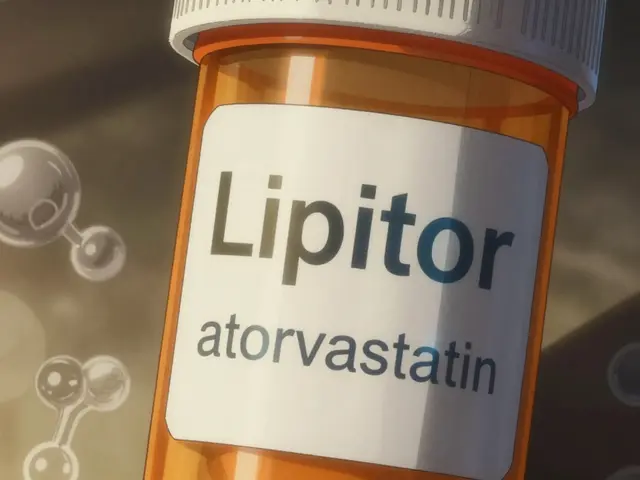Digestive Health Made Simple: What Works and What to Avoid
If your stomach feels off, you’re not alone. From occasional heartburn to chronic gut issues, most people face digestive hiccups at some point. The good news? Small, everyday changes and the right meds can keep your system running smoothly.
Everyday Habits for a Happy Gut
Start with your plate. Fiber‑rich foods like oats, beans, and leafy greens add bulk and feed friendly bacteria. Pair them with plenty of water—hydration helps fiber move through the intestines without causing blockage. Try to eat meals at regular times; your body likes routine and it reduces the chance of acid reflux.
Avoid large, fatty meals late at night. Heavy foods sit in the stomach longer, increasing pressure on the lower esophageal sphincter and triggering heartburn. If you notice heartburn after a particular food, keep a simple food‑symptom journal. It’s a quick way to spot triggers without a lab test.
When Over‑the‑Counter Helps
Acid‑reflux meds are some of the most searched digestive products. Prilosec (omeprazole) and Cimetidine are both available online, but they work differently. Prilosec blocks acid production for up to 24 hours, making it great for nightly symptoms. Cimetidine reduces stomach acid more quickly, which can help occasional heartburn after a big meal.
Buying these medicines safely online matters. Look for licensed pharmacies, check for a valid license number, and compare prices across a few reputable sites. Avoid sellers with overly low prices or no clear contact info—they’re often scams.
If you’re dealing with bacterial infections that affect the gut, an antibiotic like Secnidazole may be prescribed. It’s a single‑dose option for certain infections, which means you finish the course in one sitting and reduce the chance of resistance. Always follow the doctor’s directions and finish the dose, even if you feel better.
Weight‑loss pills such as Orlistat (sold as Xenical) work by blocking fat absorption. They can help with overweight‑related digestive issues, but they also cause oily stools if you eat too much fat. Pair the drug with a low‑fat diet and a daily multivitamin—Orlistat can steal fat‑soluble vitamins like A, D, E, and K.
Remember, no supplement replaces a balanced diet. If you’re curious about natural options, look into probiotics or supplements like betaine anhydrous, which some claim supports digestion and muscle health. The evidence is still growing, so treat them as a boost, not a cure.
Bottom line: listen to your body, keep meals regular and balanced, and choose reputable sources when you need medication. Simple habits plus the right products can keep your gut feeling its best.






